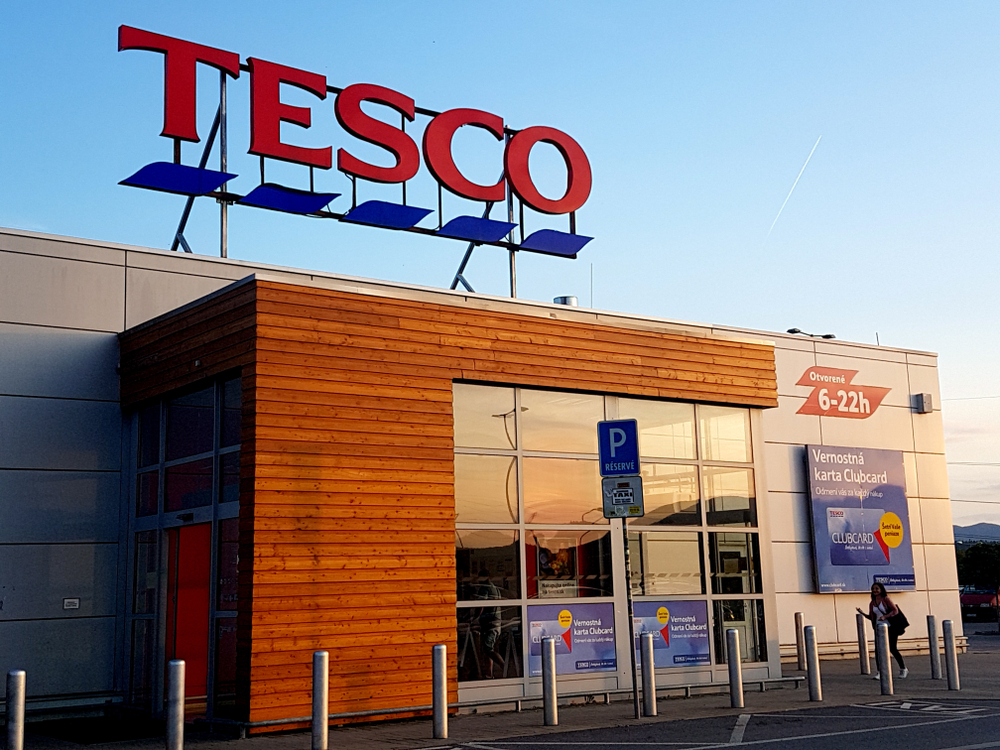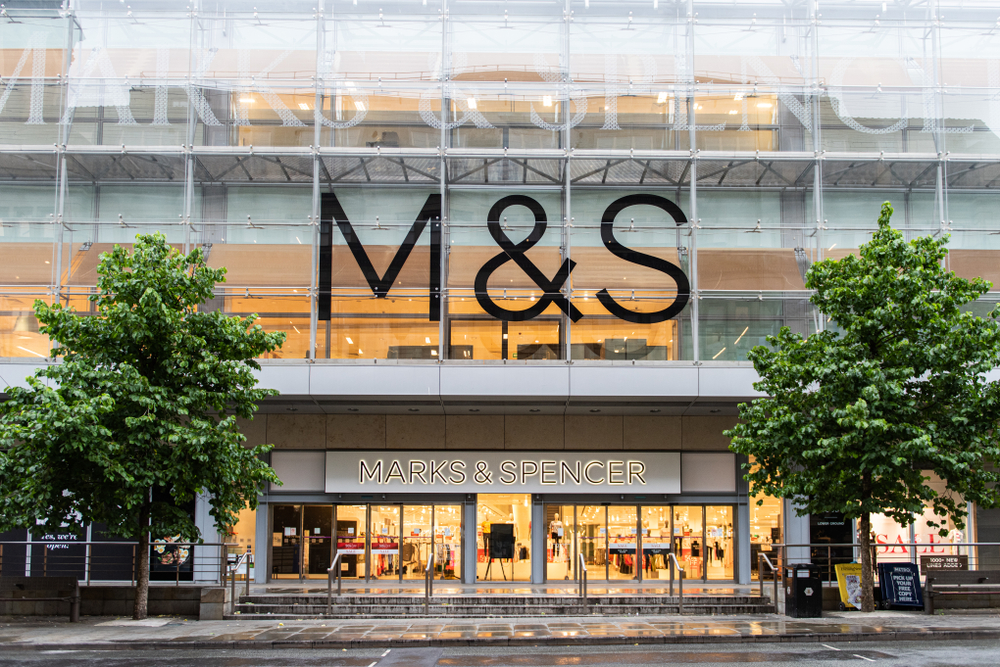As more Brits become vaccinated and the retail industry undergoes the slow return to normality as measures ease, more retailers are introducing new sustainability initiatives and measures as part of their business strategies.
Despite the Covid-19 pandemic, sustainability has remained at the forefront of consumers’ minds. Deloitte recently reported that nearly one in three consumers claimed to have stopped purchasing certain brands or products because they had ethical or sustainability concerns about them.
So how can retailers focus on new sustainability measures while the effects of the pandemic remain very much alive?
Silvia Rindone, UK & Ireland retail leader at EY, said the drive to become more sustainable and navigating new ventures in a pandemic were interlinked.
“The pandemic has been an accelerating factor in driving pre-existing trends but has also hit a reset button for consumer behaviours and company strategies,” she told Retail Gazette.
“Retailers emerging from the pandemic will be evaluating their role in the new landscape and sustainability is an integral part of this.
“The shift to digital is prompting retailers to rethink the role of the store and their purpose, especially as a part of the communities they serve.
“This is driving many to look at initiatives like instore recycling, alternative packaging and new business models such as rentals to adapt to changing consumer needs and remain relevant.”
Rob van den Heuvel, co-founder and chief executive at Sendcloud, said retailers should be focused on sustainability because of consumers, as they were becoming increasingly aware of the environmental impact of retailers.
For example, despite the rise in ecommerce, research from Sendcloud revealed that 57 per cent of UK online shoppers agreed that the rise of online shopping was a problem for the environment. The recent research also showed that 62 per cent of UK consumers preferred to buy from companies reducing their use of plastics, while a third would be happy to pay extra for items delivered sustainably.
“Businesses need to prove their green ambitions with actions, not words”
“The likes of Ikea, Unilever and plenty more have announced net-zero supply chain initiatives and carbon reduction targets,” van den Heuvel added.
“While this is highly commendable, it’s important that sustainability isn’t simply treated as a PR exercise.”
Chartered Institute of Marketing director Gemma Butler said the environmental crisis “is one of the biggest challenges that we face today” and that adjusting to the climate challenge would impact all aspects of retail, including how these businesses need to operate.
“Stakeholders and those within the supply chain are now all looking for partners with shared visions and matching sustainability credentials,” she told Retail Gazette.
Last year, Research from IBM highlighted the increased desire from consumers for sustainable products. Nearly six in 10 said that they were willing to change their shopping habits to reduce environmental impact and over 70 per cent said they would pay a premium of 35 per cent, on average, for sustainable and environmentally responsible brands.
“Setting a sustainability agenda is also a significant recruitment and employee retention factor,” Butler said.
“When it comes to social initiatives, employees want to know that the brands they work for are investing in sustainability.
“And, if that isn’t reason enough, investors are now demanding it. Blackrock’s chief executive Larry Fink has been very clear, stating, ‘we are asking companies to disclose a plan for how their business model will be compatible with a net zero economy’. ”
As research proves that consumers are continuing to care about the sustainability practices of retailers, will those with initiatives in place see more profits than their competitors?
Samantha Mansfield, head of strategy at LiveArea EMEA, said we could soon to see a domino effect with regard to competition.
“Sustainability, the environment, and social causes all matter to the modern consumer to a far greater degree than in recent history,” she explained.
“Our research found 71 per cent of consumers would change their online shopping habits if they knew returns items would go to landfill or be destroyed – a company’s ethics have become a major purchase influencer, and brands must be transparent around how they are working to behave more sustainably.
“While 64 per cent of shoppers look for ethical or sustainable features when making a purchase, price is unsurprisingly still the crucial decision-maker for many consumers. Some consumers may be willing to pay more for items that are environmentally friendly, but the goal for fashion brands should be for sustainability to be price-friendly and accessible to their consumers.
“In the short-run, sustainable businesses may not see more profits than their competitors. However, longer term benefits may take prevalence as these retailers can nurture loyalty by leading with more ethical, better-quality products than other brands.”

Incorporating sustainability into a retailer’s supply chain can be complex, especially during time of Covid. But there are steps retailers can take.
Van den Heuvel said that just one per cent of UK online retailers currently offer green delivery options at checkout, despite the fact that 63 per cent said it was important for their business to be seen as eco-friendly.
“CO2 reduction further down the supply chain is simple in theory, especially when it comes to one of the most important parts of retail – delivery,” he added.
“The less time delivery drivers spend on the road, the lower the environmental footprint.”
Van den Heuvel explained that logistic-related emissions represent the largest impact on retail’s carbon footprint, contributing to around 94 per cent of CO2 of the whole shopping experience. To combat this, delivery providers such as DPD and DHL have invested heavily in low emission and electric vehicles. He added that AI-driven route-planning is also being rolled out to reduce the distance driven per stop.
“Something clearly needs to change”
“Consumer-facing tech that provides real-time status updates and estimated time of arrival also helps improve the first chance of delivery attempts, reduce emissions, and contribute to better customer satisfaction,” van den Heuvel said.
While it is clear sustainability should still be at the top of retailer’s agendas, should it be a priority at this time as the retail industry recovers post-pandemic?
Callum Saunders at ZEAL Creative, which works with FMCG brands like Warburtons, Kellogg’s and Carlsberg, said: “Life may have ‘paused’ under the pandemic but the needs of the planet have not.”
“We saw the positive and tangible impact that a global lockdown has on the environment; we’ve all become more aware of our local environments and communities; more of us have connected with nature than ever before,” Saunders added.
“Sustainability is mission critical for retailers, and there is a real opportunity to amplify sustainability efforts as we emerge into a better, more positive future.”
Brian Hammond, co-founder at Henosis Masks, said it was possible for retailers to sufficiently prioritise sustainability alongside Covid-related measures.
“Prioritising sustainability and focusing on pandemic recovery do not need to be mutually exclusive,” he said.
“Recovery from the pandemic and measures to mitigate Covid’s impact and transmission cannot simply be about returning the economy to pre-pandemic norms.
“Instead, retailers need to reimagine how they can operate with more resiliency by putting sustainability front-and-centre of recovery.
“The good news is that starting to prioritise sustainability does not need to be complicated.
“A simple first step could be a switch from company-wide usage of single-use disposable facemasks containing environmentally contaminating plastics to compostable eco-friendly alternatives that offer the same high level of protection from pathogens such as Covid.
“From this point the retailer can start to embed a culture of sustainability through-out the organisation on which other measures and practices focused on recovery can be built.”
Shoppers are also calling for more transparency from retailers in regards to sustainability and business practices.
Butler said: “If a retailer is prioritising sustainability, then being transparent with their consumers is pretty simple.
“All they need to do is be authentic; share their brand story, communicate regularly with consumers and keep them updated on progress towards sustainable goals and practices.”
She explained that the challenge for retailers comes when they promote sustainability to keep up with competitors or to seek short-term approval from consumers as there’s no real purpose behind it.
“Sustainability in this context, becomes no more than an “add on” or “campaign” rather than something that sits at the very heart of an organisation,” Butler added.
Currently retailers are not required to formally report on their sustainable development plans, unlike taxes or gender pay gaps, and those that do are able to report in any way they choose.
“This makes it very difficult for all parts of the stakeholder chain – employees, customers and indeed investors – to understand if an organisation is doing what it says it is. It makes ‘greenwashing’ all the more possible,” Butler argued.
“Sustainability is a highly complex issue and it would be far better if retailers acknowledged this, establishing an honest and transparent conversation about their sustainability strategies to their stakeholders and customers.
“If retailers haven’t got it all figured out – that’s okay, the fact that plans are starting, and you are sharing and taking your consumers with you on the journey, keeping them aligned with your agenda – is what’s key.”
Click here to sign up to Retail Gazette‘s free daily email newsletter


















